1. relaxed, easy, cool [adjective] [‘ont-span-nun’]
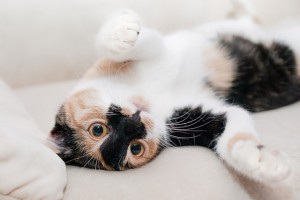 Instead of “ontspannen” the Dutch often use “relaxed” and “cool” too. Mind that the English words – when used in Dutch – are declined according to the Dutch rules, see the last example.
Instead of “ontspannen” the Dutch often use “relaxed” and “cool” too. Mind that the English words – when used in Dutch – are declined according to the Dutch rules, see the last example.
Examples:
– “Marc, je ziet er ontspannen uit, hoe was je vakantie?”
(“Marc, you look relaxed, how was your holiday?”)
– “Na een bezoek aan de sauna voel ik me altijd heerlijk ontspannen.”
(“After a visit to the sauna I always feel wonderfully relaxed.”)
– “Ik ben ontspannen zoals op een zondagochtend…”
(“I’m easy like Sunday mornin’…”)
– “Ken je Pascal? Hij is een relaxte gast!”
(“Do you know Pascal? He’s a cool dude!”‘)
Related words:
– “Slap”: slack, soft, weak.
– “Rustig”: calm, steady.
– “Strak”: tight.
– “Stress”: stress.
– “Gestrest”: stressed (out).
2. to relax, to unwind, to chill [verb] [ontspande, ontspannen] [‘ont-span-nun’]
As a verb, “ontspannen” can be used in the transitive form as well as the reflexive form (“zich ontspannen”). See the Examples for both cases.
Examples:
– “Schat, ik ga even lekker ontspannen met een biertje op de bank.”
(“Honey, I’m gonna chill for a moment with a beer on the couch.” Lit.: “…chill nicely for a moment…”)
– “Kunt u proberen uw buikspieren te ontspannen?”
(“Can you try to relax your abdominal muscles?”)
– “Frank kan zich niet ontspannen in het weekend. Hij is een totale workaholic.”
(“Frank can’t relax during weekends. He is a total workaholic.”)
Related words:
– “Relaxen”: (verb) tot relax.
– “Rusten”: (verb) to rest.
– “Stressen”: (verb) to stress out, to work under stress(es).

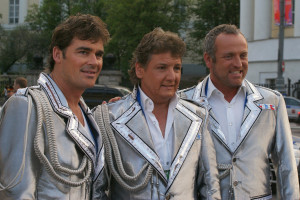
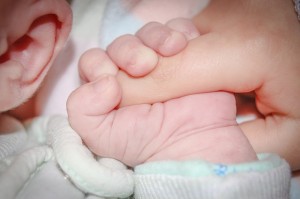 Mind that the ‘ng’ is pronounced as in ‘ring’. There are many expressions with “vinger”, we have listed only a few below.
Mind that the ‘ng’ is pronounced as in ‘ring’. There are many expressions with “vinger”, we have listed only a few below.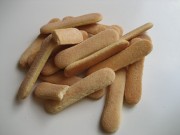 – “Duim”: thumb.
– “Duim”: thumb.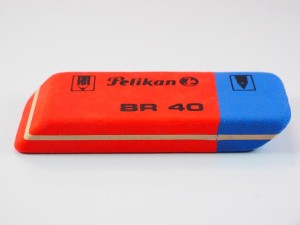 This word might lead to some confusion: the English ‘gum’ is ‘gom’ in Dutch, and ‘chewing gum’ is ‘kauwgom’. But when your ‘gums’ are swollen, we talk about ‘tandvlees’ (‘tooth flesh’). The Dutch will also say ‘stuf’ instead of ‘gum’, but when you want ‘stuff’ as in ‘drugs’, you just ask for what you want 🙂 Ok. And to our American-English readers: the equivalent for ‘rubber’ in Dutch would be ‘kapotje’, but people usually just talk about a ‘condoom’.
This word might lead to some confusion: the English ‘gum’ is ‘gom’ in Dutch, and ‘chewing gum’ is ‘kauwgom’. But when your ‘gums’ are swollen, we talk about ‘tandvlees’ (‘tooth flesh’). The Dutch will also say ‘stuf’ instead of ‘gum’, but when you want ‘stuff’ as in ‘drugs’, you just ask for what you want 🙂 Ok. And to our American-English readers: the equivalent for ‘rubber’ in Dutch would be ‘kapotje’, but people usually just talk about a ‘condoom’.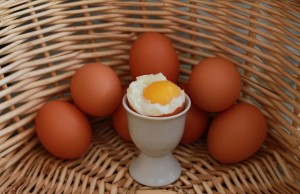 You can use this phrase to conclude your explanation of how something is done. Usually it implies that it is not all that difficult.
You can use this phrase to conclude your explanation of how something is done. Usually it implies that it is not all that difficult.